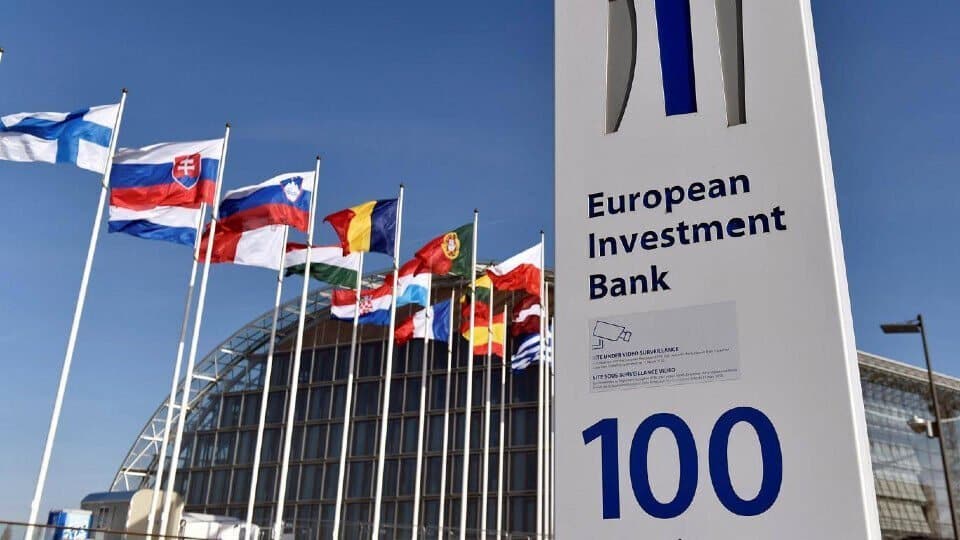The European Investment Bank (EIB) has directed €225 million into improving Cyprus’ infrastructure, focusing on sectors such as transport, social infrastructure, student housing, and energy.
During a presentation of the EIB’s 2024 financial results, vice-president Kyriakos Kakouris announced a key investment of €72 million for Cyprus’ new archaeological museum, highlighting the bank’s commitment to the island’s cultural and socio-economic growth.
During the annual financial results presentation, Finance Minister Makis Keravnos noted that the EIB group achieved a new high with €89 billion in new lending for the year.
This capital has mobilised over €100 billion for various projects, significantly bolstering the EU’s energy security through enhancements and expansions in networks, renewable energy sources, and zero-emission industries.
Kerynos said, “These figures are practical proof that the group has not only met but exceeded its targets on several key EU priorities and is rightly given the title of ‘Bank of Europe.'”
He also commented on the broader impact of these results, saying, “This confidence is the result of your excellent work and your steadfast commitment to financing projects that shape the future of the European Union.”
Kakouris provided further insights, explaining that in 2024, 90 per cent of the EIB’s investments were within the EU, aimed at strengthening climate resilience and energy security, with the remaining 10 per cent dedicated to strategic investments outside the EU.
He noted a significant increase in the bank’s investment in security and defence, doubling to €1 billion, which has bolstered the EU’s strategic autonomy in a rapidly changing geopolitical environment.
Kakouris also emphasised the EIB’s continued support for Ukraine, with critical investments in infrastructure, clean water, education, and energy resilience, essential for the country’s ongoing reconstruction and resilience.
Furthermore, he mentioned that €38 billion was invested in supporting social cohesion and assisting transition regions, ensuring targeted support for areas with high developmental needs.
For Cyprus specifically, Kakouris detailed the EIB’s substantial investments, including a €125 million financing agreement with the Cyprus University of Technology (Tepak) and the Paphos Municipality for constructing student housing in Limassol and Paphos.
Additionally, the funding will support the upgrading of university facilities, including the new Eratosthenes Centre of Excellence.
Another project is the development of a solar energy park to enhance the energy independence of educational campuses.
Additionally, Kakouris stated that the EIB provided €100 million to upgrade vital road infrastructure across Cyprus, supporting a national programme that includes modernising motorways and enhancing regional and rural roads, as well as constructing new bridges, tunnels, and cycle paths.
He also mentioned that EIB advisory services have strengthened their role in Cyprus by completing two key assignments in 2024, which is sustainable urban mobility projects in Larnaca and Limassol and the cost-benefit analysis of the new archaeological museum.
Kakouris outlined the EIB’s ambitious plan for 2025, targeting €95 billion in investments focused on four key areas, such as security and defence, energy transition, innovation, and social cohesion.
He also said that “this year, the group is targeting investments of €95 billion, focusing on four key pillars,” aiming to ensure Europe’s protection and strategic autonomy while promoting high-growth businesses and innovative technologies.
Kakouris concluded by saying that, “2025 will continue in an even more dynamic fashion, pursuing sustainable growth, competitiveness, and innovation.”






Click here to change your cookie preferences